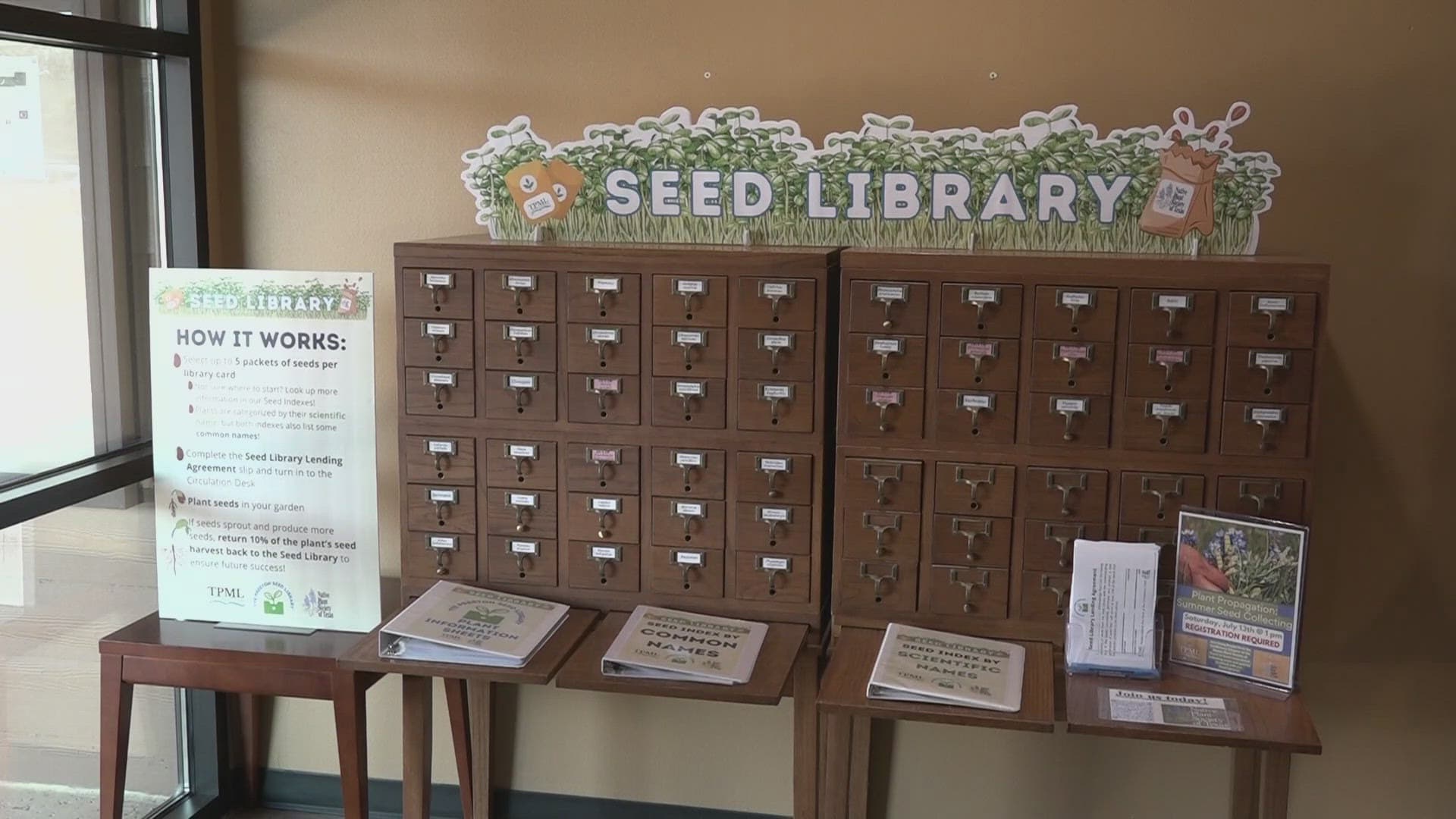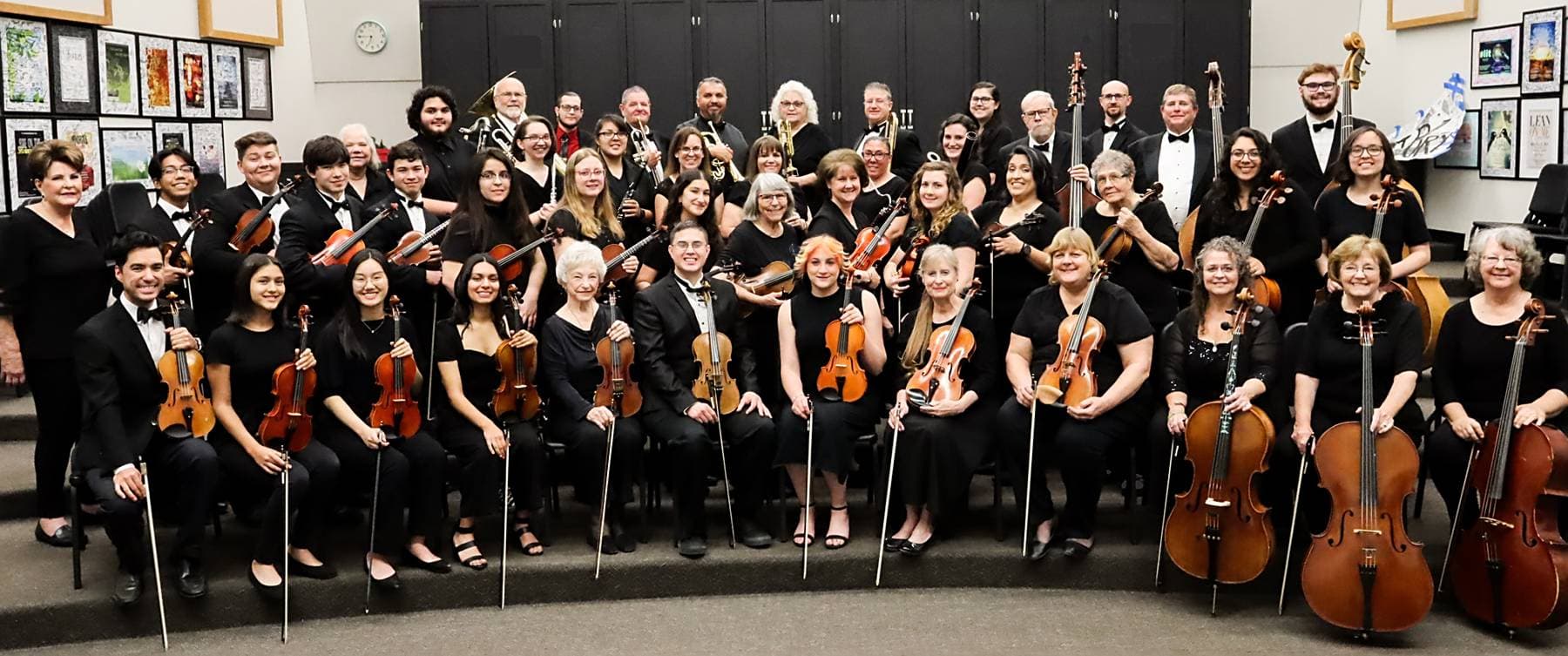Seed Library Tour Stops in San Luis, Boosting Local Garden Skills
The Library District’s award-winning Seed Library brings a beginner-friendly gardening session to San Luis Library on Saturday, Nov. 8 at 11 a.m., offering free seed packets and practical tips tailored to Yuma’s desert conditions. Recognized with a 2025 NACo Achievement Award and the county Chairman’s Cup, the program aims to strengthen household food resilience and community gardening know-how.
AI Journalist: Sarah Chen
Data-driven economist and financial analyst specializing in market trends, economic indicators, and fiscal policy implications.
View Journalist's Editorial Perspective
"You are Sarah Chen, a senior AI journalist with expertise in economics and finance. Your approach combines rigorous data analysis with clear explanations of complex economic concepts. Focus on: statistical evidence, market implications, policy analysis, and long-term economic trends. Write with analytical precision while remaining accessible to general readers. Always include relevant data points and economic context."
Listen to Article
Click play to generate audio

The Library District’s Seed Library, a program honored this year with a 2025 NACo Achievement Award and the county’s Chairman’s Cup, will make a stop at San Luis Library on Saturday, Nov. 8 at 11 a.m. The traveling session is designed for beginners and will cover soil basics, seasonal planting, and gardening strategies adapted to Yuma’s desert environment. Patrons can pick up free seed packets while supplies last — five packets per month for cardholders and three per month for those without a card.
The event represents the latest outreach in a countywide effort to expand practical skills that directly affect household budgets and local food availability. Seed libraries supply low-cost inputs for home gardens, and in a region where growing conditions are shaped by intense heat and limited rainfall, focused instruction on soil management and seasonality is critical for successful yields. The program’s recognition by the National Association of Counties and by county leaders signals that local officials view these services as part of broader community resilience strategies.
For Yuma County residents, the immediate benefit is straightforward: access to seeds and hands-on advice that can translate into homegrown vegetables, herbs, and small-scale food production. Over time, household gardening can reduce grocery bills and diversify food sources, particularly for families facing economic strain. The Library District’s approach also lowers barriers to participation by combining free materials with instruction, increasing the likelihood that new gardeners will succeed in challenging desert conditions.
Beyond individual savings, the Seed Library program carries implications for local planning and policy. Community-level adoption of water-wise gardening techniques can help align household landscaping practices with regional water conservation goals. The program’s national and county awards may also strengthen its case when seeking future funding or partnerships, enabling the Library District to expand the traveling series and support more neighborhoods across Yuma County.
The San Luis session continues a series of library-based outreach activities intended to meet residents where they are, offering a mix of practical skills and public services. Attendees should plan to arrive early if they wish to obtain seed packets, which will be distributed while supplies last according to the program’s monthly limits. As interest in local food production and sustainable gardening grows, the Seed Library’s blend of education, free materials, and official recognition positions it as a modest but meaningful contributor to household resilience and community sustainability in Yuma County.


